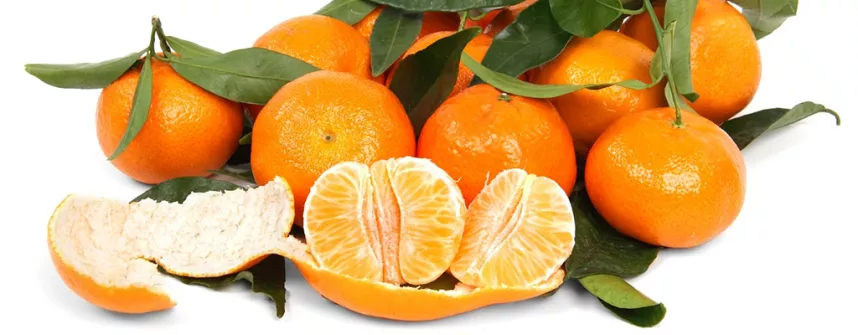Research on citrus fruit waste
APRIL 21, 2017
Oranges, lemons, grapefruit: Citrus fruits are the most common fruit trees in the world. When their fruits are processed into juice, about half the biomass remains as waste – a problem for industry, the environment, and also a loss of valuable, frequently bioactive substances. In a project financed by the German Federal Ministry of Education and Research, researchers at Bremen’s Jacobs University, under the leadership of Professor Marcelo Fernandez-Lahore, these waste products are being used in order to extract valuable natural substances.
Worldwide about 115.5 millions tons of fruit are processed into juice each year. The biomass remaining after the juice is removed represents an increasing burden upon the environment. At the same time, the polyphenols contained in the citrus fruits – plant substances that determine color, aroma, and taste and have an importance to our health similar to that of vitamins – are ascribed numerous biological activities. They are said to inhibit inflammation and to act as preventatives against arteriosclerosis and even cancer. The dried peels of the citrus fruits also consist up to three percent of oils, which are valued not only for their aroma, but also for their use as antimicrobiotics or insecticides.
“In this project, we are attempting to recycle citrus waste products through fermentation processes using microorganisms, in order to make more natural substances available for industrial applications,” says Marcelo Fernandez-Lahore, Professor of Biochemical Engineering. The process makes use
of solid bioreactors and fermentative processes within a liquid, so-called submerged fermentation. Additional value is obtained from citrus byproducts by using a large number of fungal cultures. They have the ability to extract and transform a broad range of organic materials, such as flavonoids, other
phenols, or terpenes from plant tissue. For instance, the medicinal fungus genus Pleurotus is able to produce a wide variety of enzymes and natural substances with industrial applications.
The research project is scheduled to run for 36 months; it is funded by a grant of 227,000 Euro from the German Federal Ministry of Education and Research.
Additional information:
www.jacobs-university.de
Questions will be answered by:
Marcelo Fernandez-Lahore | Professor of Biochemical Engineering
m.fernandez-lahore [at] jacobs-university.de | Tel.: +49 421 200-3239
Contact:
Thomas Joppig | Brand Management, Marketing & Communications
t.joppig [at] jacobs-university.de | Tel.: +49 421 200-4504
